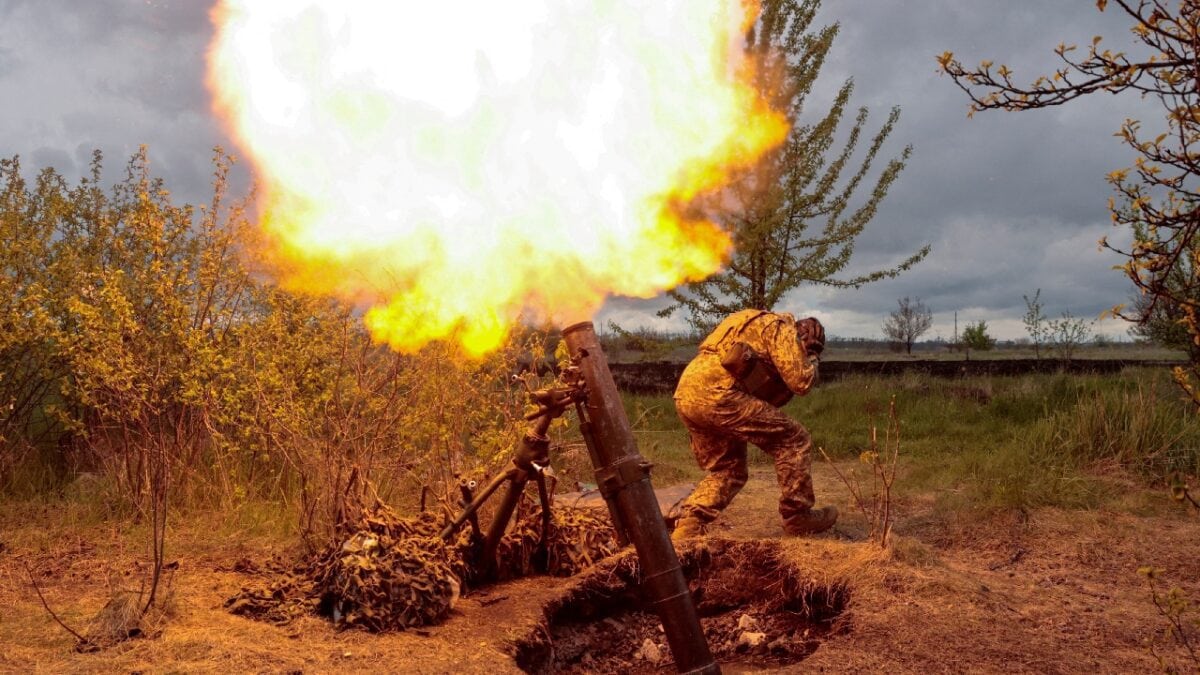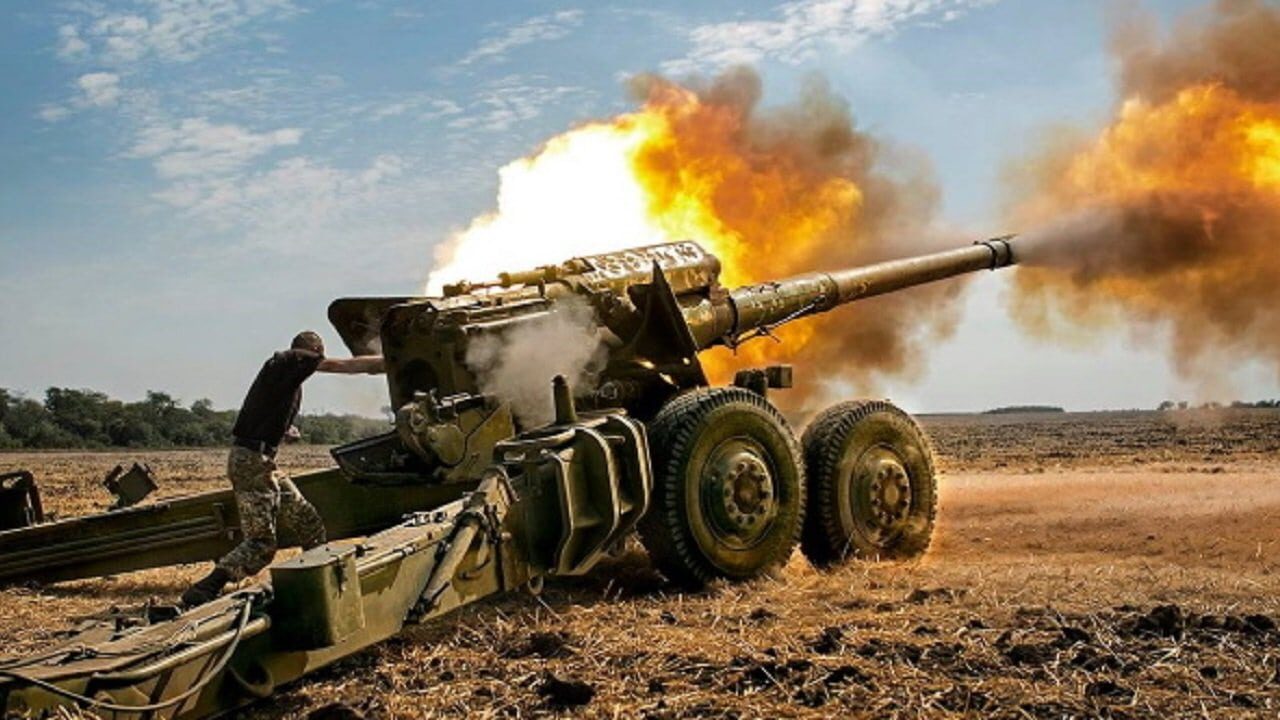The Russian military is clearly not doing well in Ukraine. A big part of the problem for Putin seems to be that he needs more trained and capable soldiers to press forward in an attempt to salvage something from his so-called ‘special military operation.’
Following a weekend of conclusive military defeats at the hands of Ukraine’s unexpectedly capable troops, Russia is being forced to confront its glaring manpower problem — and an obstinate president who refuses to offer reprieve.
Ukrainian troops over the weekend amassed their biggest victory yet, launching two major offensives in the northeast and south in an effective effort to reclaim occupied territory. Reports from the frontlines indicate that Russian troops fled as the country’s battered military buckled under Ukraine’s powerful performance.
The humiliating losses are exemplary of Russia’s aversion thus far to mobilize troops in the nearly seven-month war, according to experts who said the issue is likely to persist and worsen as long as Russian President Vladimir Putin continues to present a confident front, despite a dismal reality.
Plummeting morale amid heavy losses in Ukraine
As the war drags on, morale among Russian troops is undoubtedly low and dropping further, according to Simon Miles, an assistant professor at Duke University’s Sanford School of Public Policy and a historian of the Soviet Union and US-Soviet relations.
“A lot of these units are not exhibiting what we would call military professionalism, including cutting and running,” he told Insider.
Increasing exhaustion among troops and subsequent, resulting setbacks can be traced back to strategic decisions that officials made at the start of the war, Miles said.
“We saw the best Russian military performance in the first few weeks of the war when the Russian military took its best units and sent huge numbers on basically suicide missions,” the professor said. “They took the cream of the crop and threw them into the meat grinder, and now they are left with the remains.”
Russia has since been forced to court volunteer soldiers in order to keep men on the battlefield, pulling out all the stops to convince the country’s people to join a brutal war.
The Russian government has come up with what Miles called a “stopgap solution” to its personnel problem by offering lucrative contracts to woo able-bodied fighters, including a year’s average salary for just three months of military work. The government is also offering sign-on bonuses and hazard combat pay, according to George Barros, a geospatial analyst on the Russia and Ukraine portfolio at the Institute for the Study of War.
“This is an indicator that the conventional units that have fought in Ukraine have been degraded very badly,” Barros told Insider in an August interview. “So the Russians have to scrape the barrel to try and pull in who they can.”
The country is not only targeting veterans with combat experience, but anyone who can feasibly fight, Barros said. The military trains them for approximately 30 days and sends them into combat.
The strategy worked well enough at the start of the war, Miles said.

A Ukrainian serviceman fires with a mortar at a position, as Russia’s attack on Ukraine continues, at an unknown location in Kharkiv region, Ukraine May 9, 2022. REUTERS/Serhii Nuzhnenko TPX IMAGES OF THE DAY
“Lots of people signed on for one round,” he said. “But as summer gives way to fall and fall gives way to winter, I would doubt that given how disastrously things have gone in the last few days especially, that many people will sign up for spending winter in a Ukrainian trench.”
Especially as morale continues to plummet, “there’s definitely a knowledge among folks in Russia that Ukraine is not where you want to go right now,” Barros said.
A refused solution
The lack of men has led to grueling conditions for those soldiers who do find themselves on the frontlines.
“Combat is the most physically and mentally taxing thing a human can subject themself to,” Miles said. “Units that have been in it for six months, it’s just exhausting.”
But there’s a seemingly simple solution to Russia’s disappointing dearth of soldiers, experts said: The country could call for conscription.
Drawing upon a draft would certainly help improve the military’s personnel problem, but Putin remains resistant to taking the action necessary to do so, Miles said. In order to conscript soldiers, Russia would have to formally declare a state of war — an escalation that would highlight and confirm Russia’s dismal performance in the conflict thus far.
“Continuing to refuse to mobilize is denying the Russian military the resource it needs most, which is personnel,” Miles said.
Throughout nearly seven-months of fighting, the Russian government has refused to call the war by that name, instead maintaining that troops are in Ukraine for a “special military operation.”
“To declare mass mobilization, to declare formal war would be an explicit declaration that this isn’t working,” Miles said.
Seemingly more important than actually winning the war, in Putin’s mind, is keeping up the false pretense that Russia isn’t failing, experts said.
“He’s insistent on maintaining this narrative that everything is going great, which no reasonable person would believe,” Miles said.
Ryan Pickrell contributed to this reporting.
Erin Snodgrass is a reporter for Insider, where this first appeared. Before joining Insider, Erin was an intern with InvestigateTV and Česká televize. She graduated from Loyola University New Orleans in 2020.

